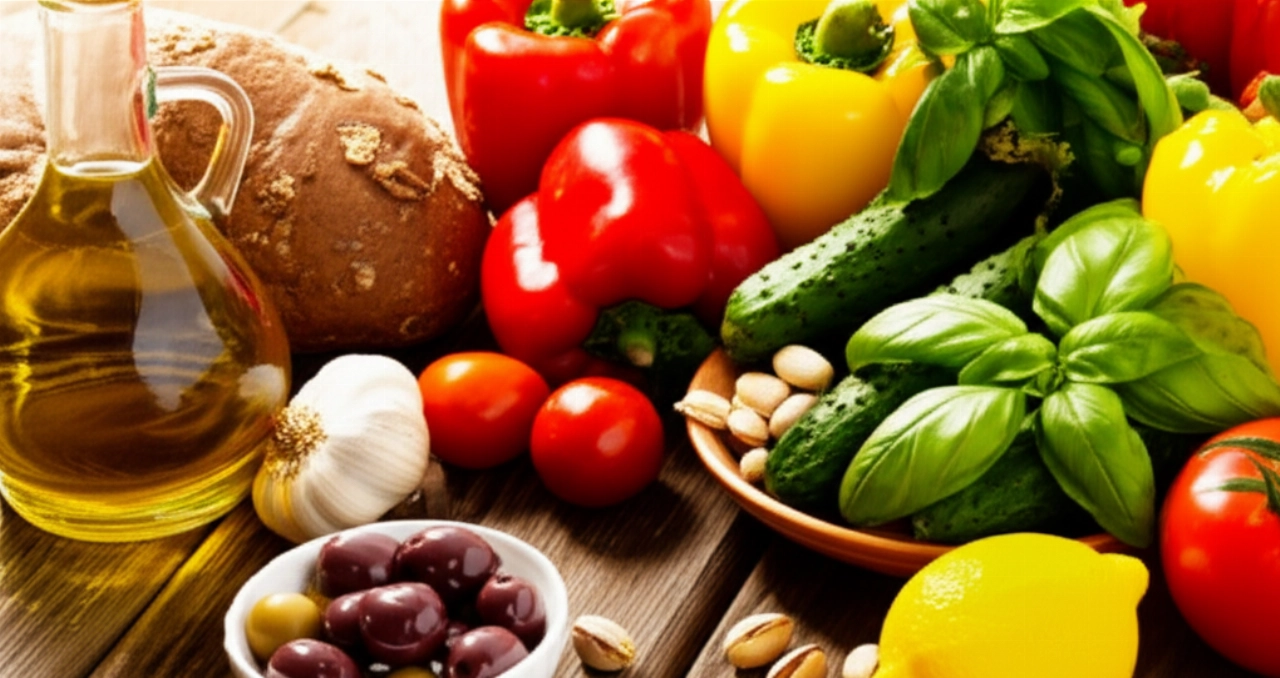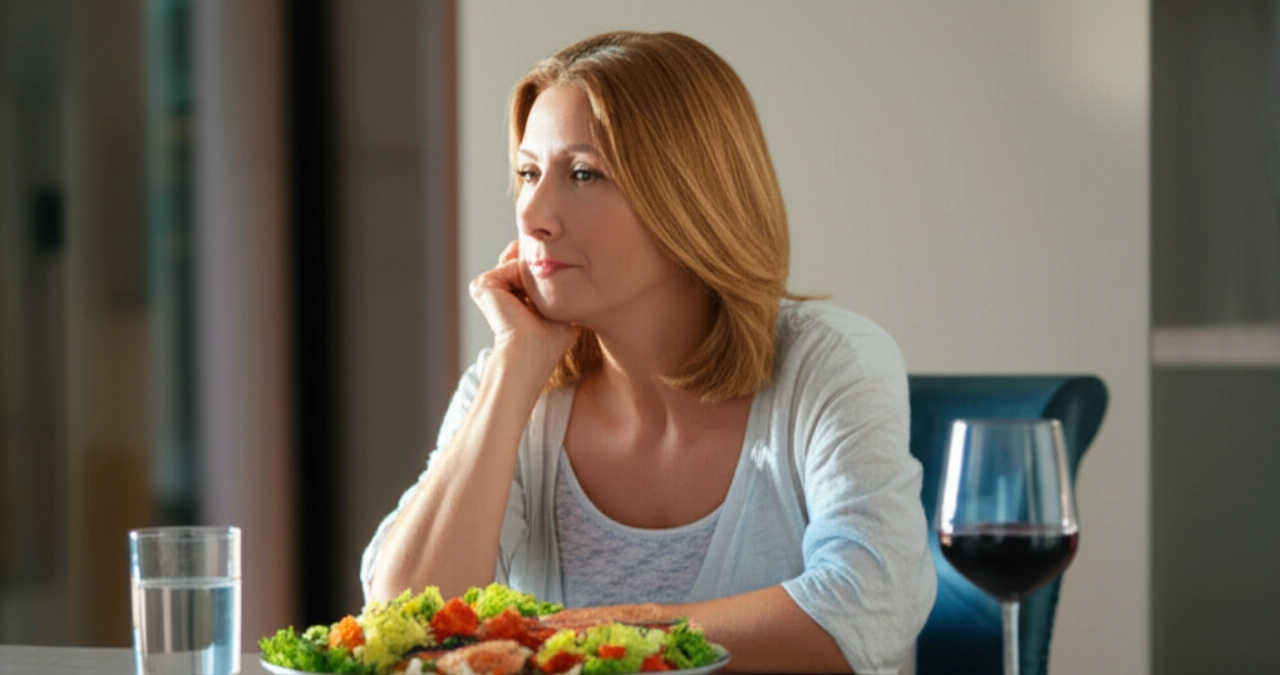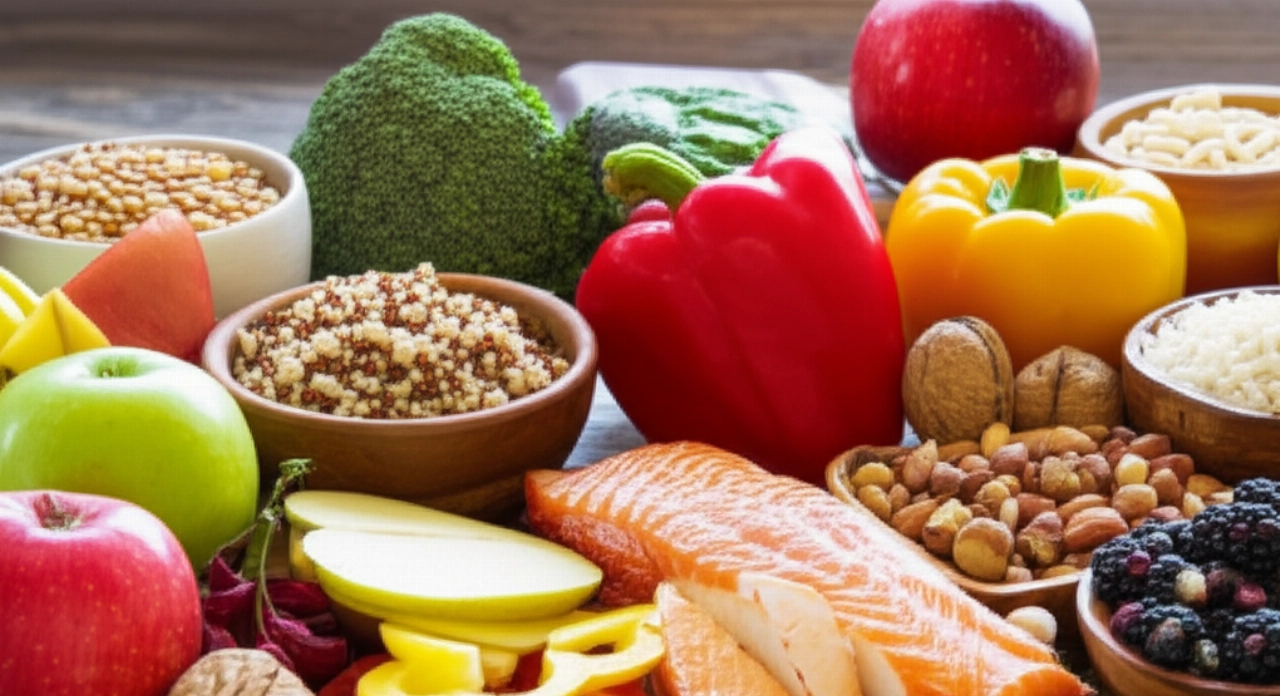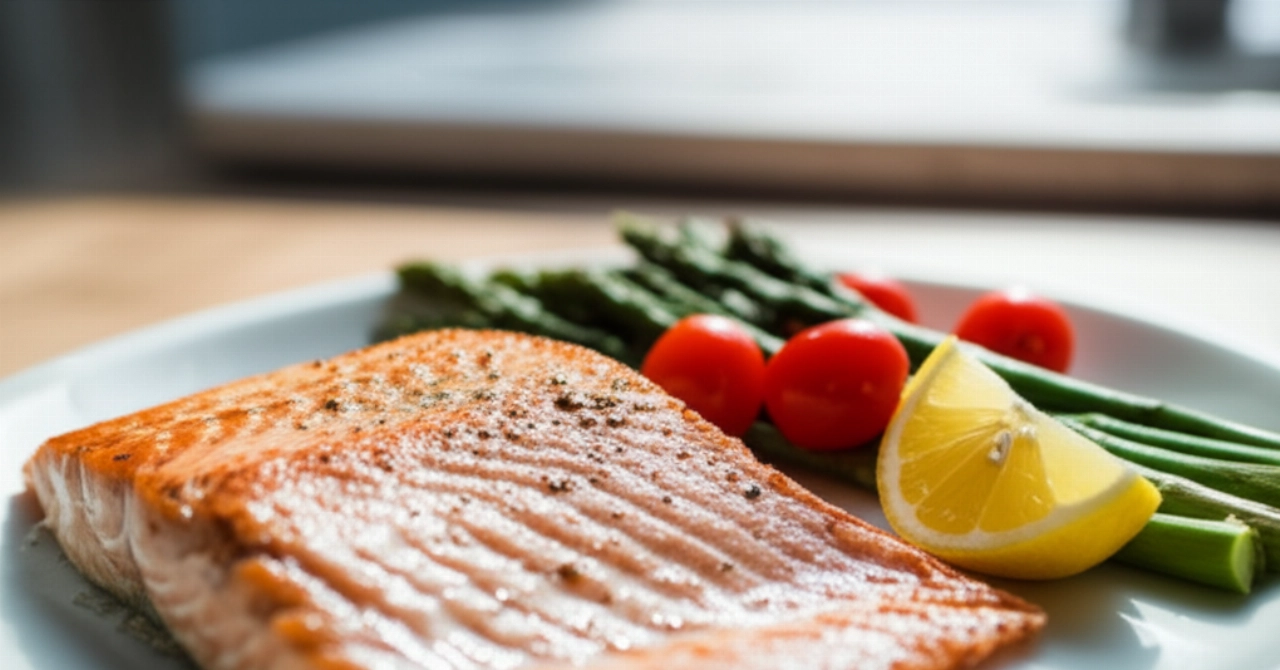Have you ever felt overwhelmed by the amount of contradictory information about weight loss? One day they tell you gluten is the number one enemy, the next day that it's harmless. Maybe you've tried eliminating gluten from your diet, hoping for miraculous weight loss, only to find yourself more confused than before, or worse, with the extra pounds still there, perhaps with the added annoyance of a feeling of deprivation.
I perfectly understand your frustration. The world of diets is a labyrinth of unkept promises, quick fixes that lead to the inevitable yo-yo effect, and pseudoscientific advice that leaves you with the anxiety of nutritional confusion. The gluten-free diet for weight loss is one of those topics that generate more questions than answers.
But what if I told you that you no longer have to guess? That there's a way to understand the truth, overcome the fear of hunger and deprivation, and find a path that not only helps you lose weight but also restores your energy, confidence, and the serenity of a body that functions at its best? This page is your map. I will guide you through the myths and truths about the gluten-free diet, and show you how a personalized approach is the only true key to your lasting success.

The Gluten-Free Diet for Weight Loss: Truth or False Myth?
Let's get straight to the heart of the matter: will eliminating gluten automatically make you lose weight? The answer, in most cases, is no. Gluten is a protein found in cereals like wheat, barley, and rye. For those suffering from celiac disease or a proven gluten intolerance (non-celiac gluten sensitivity), its elimination is fundamental for health and can lead to a reduction in bloating and a general improvement in intestinal well-being, which sometimes translates into indirect weight loss.
But for most people, gluten itself is not the cause of weight gain. The problem often arises from how a "gluten-free diet" is interpreted and applied. Many, in fact, tend to replace gluten-containing products with "gluten-free" equivalents which, paradoxically, can be richer in sugars, fats, and calories to compensate for the lack of flavor and texture. Think of industrial "gluten-free" cookies, bread, and snacks: they are often true concentrations of empty calories.
The real reason some people lose weight by eliminating gluten is often linked to a general change in eating habits. If you stop eating pizza, pasta, bread, and industrial sweets (which often contain gluten) and replace them with naturally gluten-free foods like fruits, vegetables, legumes, lean meat, and fish, it's obvious that your caloric intake will decrease and the quality of your diet will improve. But this is not due to the absence of gluten, but rather to a choice of healthier and less processed foods.
Beware, therefore, of the "gluten-free trap": it's not a magic wand for weight loss, and if not planned correctly, it can lead to deficiencies in fiber and other essential micronutrients, as well as an increase in grocery costs.

Beyond the Scale: When Gluten-Free Becomes an Ally for Your Well-being
If weight loss is not a direct consequence of gluten elimination for everyone, there is an aspect where a gluten-free diet, if well-balanced, can make a difference: your overall well-being. For those with even a mild sensitivity, or for those suffering from chronic inflammation, eliminating gluten can lead to tangible benefits that go far beyond the number on the scale:
- Improved Digestion: Less bloating, less heaviness, a happier gut.
- Increased Energy: If your body struggled to process gluten, getting rid of it can mean less "brain fog" and more vitality.
- Reduced Inflammation: For some, gluten can be a pro-inflammatory factor, and its elimination can contribute to a calmer and more responsive body.
- Greater Food Awareness: Often, embarking on a gluten-free journey encourages you to read labels, cook more, and choose whole foods, which is always good for your metabolism and health.
So, while not a universal solution for weight loss, a gluten-free diet can be a powerful tool for your well-being, provided it is integrated into a conscious and personalized eating plan, focused on food quality and the right macronutrient balance.
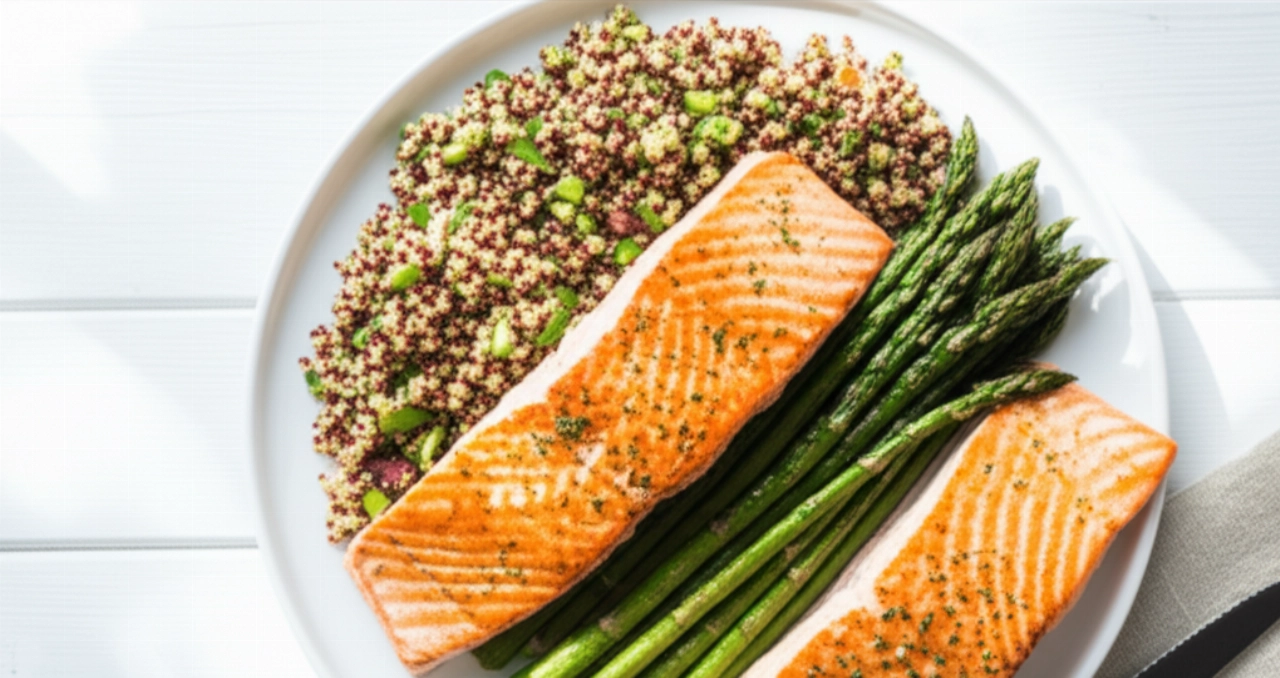
The Map to Success: How to Integrate Gluten-Free into an Effective Plan
If, after consulting a professional, you decide that a gluten-free approach is right for you, here are the pillars for doing it correctly, transforming it into an ally for your weight loss and well-being, not a source of deprivation:
- Prioritize Naturally Gluten-Free Foods: Focus on fruits, vegetables, legumes (lentils, chickpeas, beans), lean meat, fish, eggs, nuts, and seeds. They are the foundation of any healthy diet and are inherently gluten-free.
- Smart Grains and Pseudo-grains: Instead of industrial "gluten-free" bread and pasta, opt for brown rice, quinoa, buckwheat, millet, and amaranth. They are rich in fiber and nutrients and will give you energy without weighing you down.
- Beware of Processed "Gluten-Free" Products: As mentioned, many of these products are rich in added sugars, saturated fats, and calories. Always read labels and use them in moderation, preferring more natural options.
- Balance is Key: Regardless of gluten, your plan must ensure the right intake of proteins, complex carbohydrates, and healthy fats. This is fundamental for keeping your metabolism active, controlling hunger, and providing your body with the energy it needs.
- Hydration and Movement: No diet, with or without gluten, can work without proper hydration and regular physical activity. These are indispensable pillars for weight loss and overall well-being.
Remember: an effective diet is not a list of "forbidden foods," but a set of conscious choices that nourish your body and mind. And this also applies to the gluten-free diet for weight loss.
The Difference Between a Diet and a Tailored Journey: The Philosophy of Dietasnella.it
You've tried diets read online, friends' advice, "miraculous" solutions that promised quick results. And every time, the same story: a little hope, then the fear of hunger, the lack of time and motivation, and finally the frustration of past failures. The truth is that there is no universal diet, and this also applies to the gluten-free one.
Your body is unique. Your nutritional needs, your lifestyle, your food preferences, any intolerances you may have (like gluten), your physical activity level, even your emotional state: all of this influences how your body responds to food. A pre-packaged plan cannot account for all these variables.
That's why Dietasnella.it's philosophy is different. We don't give you a diet; we build a tailored journey with you. We are your Trusted Nutritional Coach, based on science, but deeply empathetic towards your difficulties and goals. We help you understand the principles of macronutrient balance, choose the right gluten-free foods (if necessary for you), manage the fear of hunger with tasty and satisfying meals, and overcome the lack of time with practical solutions.
Our goal is to transform the complexity of nutrition into a clear, sustainable, and flavorful weight loss journey that not only helps you lose weight but also regain energy, confidence in your body, and the peace of mind of having a partner guiding you step by step. No more dread of the scale and the feeling of not seeing results. With Dietasnella.it, every effort is targeted and supported by science and experience.
Frequently Asked Questions about the Gluten-Free Diet for Weight Loss
Do I necessarily have to eliminate gluten to lose weight?
No, not necessarily. Weight loss does not depend on the elimination of gluten itself, but on a caloric deficit and a balanced diet. If you don't have celiac disease or intolerance, eliminating gluten might not bring any benefit to your weight loss and could even make it harder for you to stick to the diet long-term.
Which gluten-free foods should I prefer for a healthy diet?
Focus on naturally gluten-free foods like fruits, vegetables, legumes, lean meat, fish, eggs, nuts, and seeds. For grains, choose brown rice, quinoa, buckwheat, millet. Avoid packaged "gluten-free" products, which are often rich in sugars and fats.
Can I suffer from hunger on a gluten-free diet?
Any poorly planned diet can make you suffer from hunger. A well-balanced gluten-free diet, rich in fiber from fruits, vegetables, and whole gluten-free grains, and with adequate protein intake, will help you feel full and maintain high energy. The key is the quality and balance of nutrients.
How long does it take to see results with a gluten-free diet for weight loss?
Timelines vary greatly from person to person and depend on factors such as starting point, individual metabolism, and consistency. If the gluten-free diet is part of a controlled and balanced caloric plan, results can be visible in a few weeks, but sustainability is more important than speed.
Is the gluten-free diet expensive?
Specific "gluten-free" products (bread, pasta, cookies) tend to be more expensive. However, by basing your diet on naturally gluten-free foods like fruits, vegetables, legumes, meat, and fish, you can follow a healthy and economical gluten-free diet. The cost depends on your choices.
Your Journey Starts Now: No More Frustration, Start Living Well
We have navigated together through the myths and truths of the gluten-free diet for weight loss. You've understood that it's not a magic solution for everyone, but that it can be a valuable piece in a well-structured journey, especially if aimed at your overall well-being.
Perhaps you think: "It's too difficult for me to manage all this alone," or "I don't have time to dedicate to such specific cooking," or even "What if I fail again?". These are legitimate fears, but they shouldn't stop you. True transformation doesn't happen with a "do-it-yourself" diet, but with expert support that understands and guides you.
Stop feeling frustrated and confused. Your body deserves a clear path that leads to real and lasting results. The first step is not a restrictive diet, but understanding your needs to create a tailored plan for you. It's free, no obligation, and will give you the map to reach your goal. Click here, tell us about yourself, and discover how you can finally reach your ideal weight feeling great. Start transforming your relationship with food now.
You might also be interested in:
